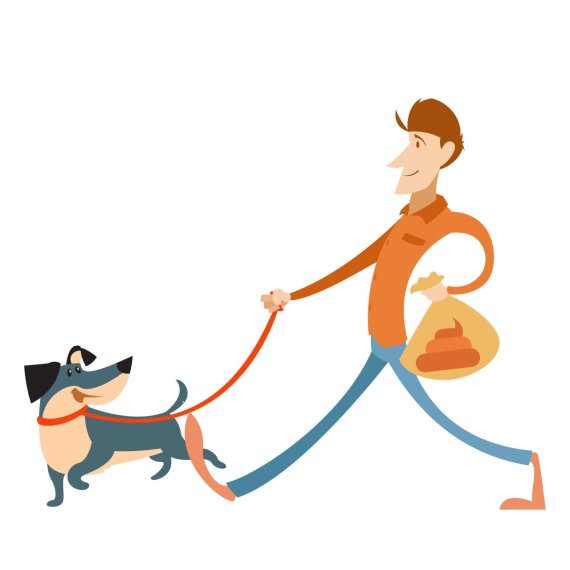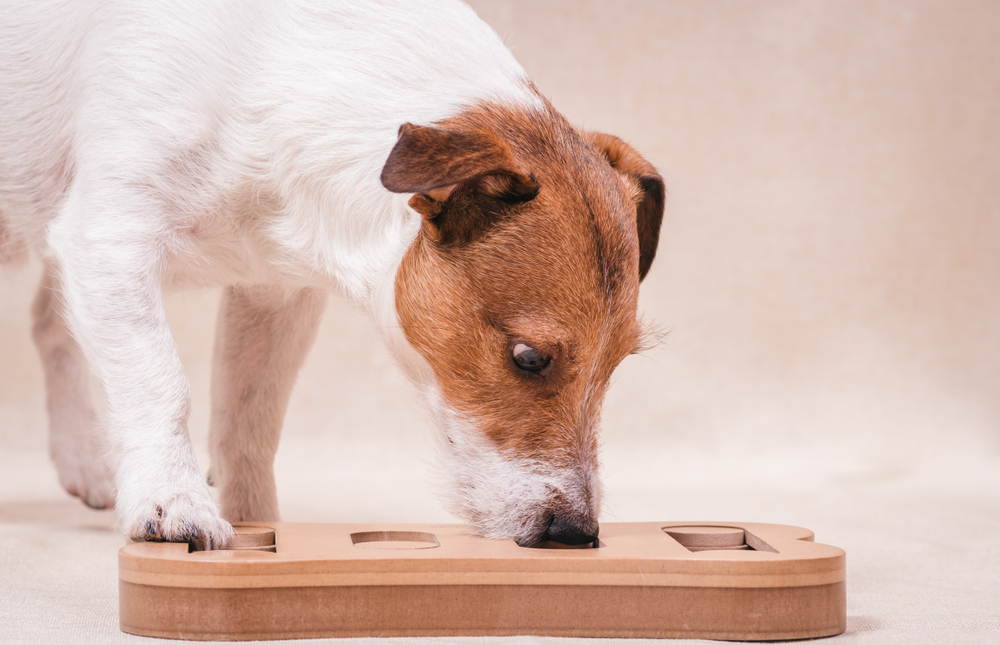Text: Katrin Heidemeyer
In her PhD project, Bos wants to establish a common protocol with which dog food producers can analyse the quality of their products, making use of the experiences of dog owners and their pets. This has never been done before. Pet food companies usually test the quality of their products on lab animals. They judge how palatable the food is by the amount the animals eat, and its digestibility by how many nutrients they absorb.
Now, Bos wants to test the palatability and digestibility of the product in the dog’s home environment. This is important since every dog is different, and so are its living conditions, which can cause more variation in the results of quality control than occurs in a research facility. Bos: ‘I’ve got one foot in fundamental science, and one in applied science. I like being able to work with pet owners and their animals alongside the lab research.’ Bos has now started the first of six planned studies, in which she focuses on digestibility. To determine this, she needs to analyse the poop.
Not everyone fancies storing dog poop next to their frozen pizza
Frozen pizza
All the participants in Bos’s trial receive a twoweek supply of plastic bags in which to collect the faeces, and a diary in which to record their observations. She also offers participants a mini freezer, as not everyone fancies storing the poop samples next to their frozen pizzas. For the two weeks of the trial, participants can give their pets only the food Bos provides, and are asked to make notes in the diary. In return for the free food, she wants to know how much of it the dog eats and how often it poops. And she wants to know about the faeces in gory detail, so she can identify possible digestion problems. Bos picks up the samples after two weeks.
Lab work
And then the lab work begins. A pet’s poop reveals a lot about its health. The nutritional value of the food depends on its digestibility. ‘All the nutrients we find in the poop were not absorbed by the dog,’ says Bos. ‘So if the food is well digested, leaving few nutrients in the poop, that digestibility is a good marker for the quality of the food.’
With her PhD project, Bos wants to determine the time period and the number of participating dogs needed for reliable, animal-friendly quality control that leads to healthy and tasty food. She has worked with 50 dog owners so far and she is looking for at least 10 more. After this, Bos would like to investigate the quality of cat food.
Are you interested in taking part in this study? If so, go to http://www.betterpetworld.com




